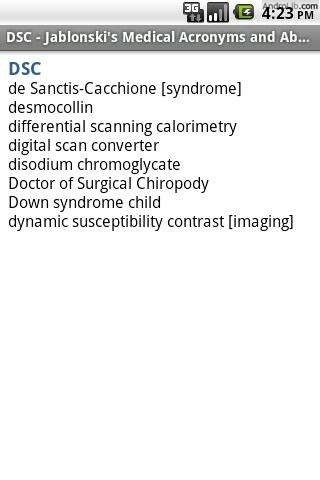

who have had diabetes for more than 10 years.with retinal damage, also called retinopathy.inflammation around the heart, known as pericarditisĭoctors may recommend low-dose aspirin to people:.rheumatic conditions, including rheumatoid arthritis, osteoarthritis, and other inflammatory joint conditions.an ischemic stroke, which is caused by a blood clotĪspirin can also help treat pain and swelling associated with the following chronic health conditions:.a mini-stroke, or transient ischemic attack.revascularization surgery, such as an angioplasty or coronary bypass surgery.are willing to take a daily low dose for at least 10 yearsĭoctors may administer aspirin immediately after a heart attack, stroke, or another cardiovascular event to prevent further clot formation and cardiac tissue death.Īspirin can also be part of a treatment plan for people who have recently had:.have a life expectancy of at least 10 years.have at least a 10% 10-year risk of cardiovascular disease.However, this guidance only applies to adults in the age range who: The 2016 recommendations from the United States Preventive Services Task Force say that adults aged 50–59 may take aspirin daily to prevent colorectal cancer, as well as cardiovascular disease. However, for people without these issues, the risks of long-term aspirin use can outweigh the benefits.


In people with a high risk of cardiovascular events, low-dose aspirin can reduce the risk by preventing blood clots from forming.Ī doctor may recommend daily low-dose aspirin for people who : The Food and Drug Administration (FDA) recommend only using aspirin in this way under the supervision of a doctor. The daily use of low-dose aspirin can lower the risk of cardiovascular events in some people - it is not safe for everyone.

long-term conditions, such as arthritis and migraineįor severe pain, a doctor may recommend using aspirin alongside another drug, such as an opioid pain reliever or another NSAID.Pain and swellingĪspirin can relieve mild to moderate pain, swelling, or both associated with many health issues, such as: Aspirin has many uses, including relieving pain and swelling, managing various conditions, and reducing the risk of cardiovascular events in people with a high risk.īelow, we describe these uses in more details.


 0 kommentar(er)
0 kommentar(er)
